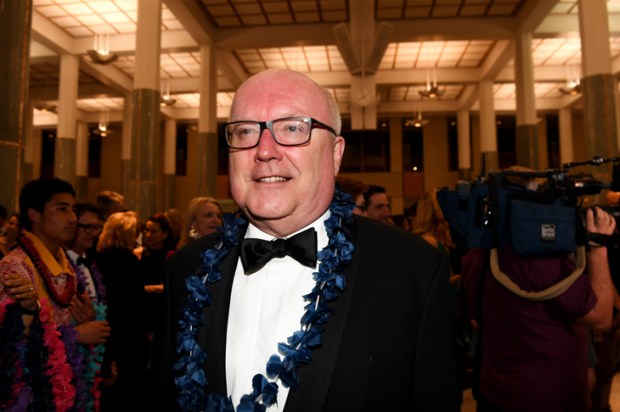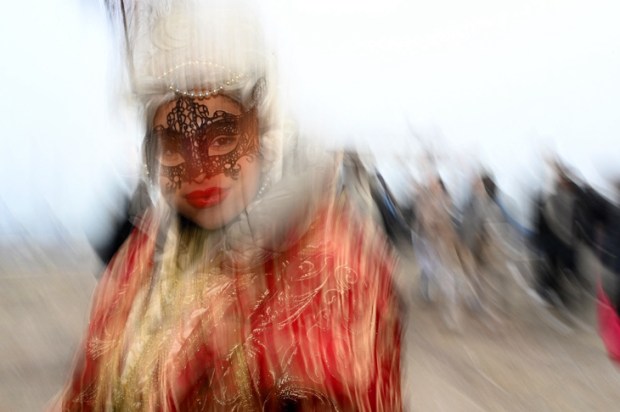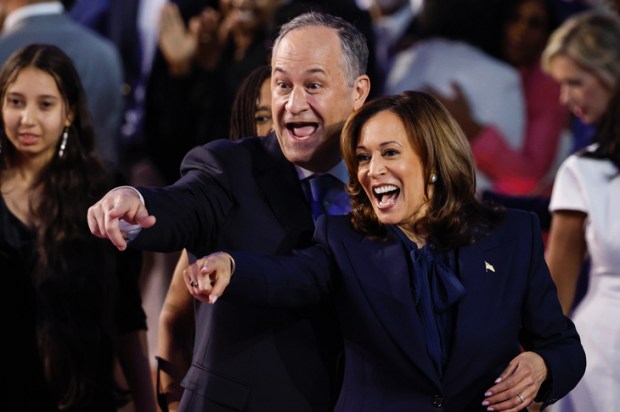Paul Keating’s latest spray against anyone who questions or opposes the Chinese communist regime was rebuffed in the Australian parliament last week.
Mr Keating has issued a number of statements in the past year, employing his usual ‘colourful’ language to lambast critics of China, supporters of the Aukus arrangements and military cooperation with the United States of America.
His latest contention that Taiwan is ‘Chinese real estate… a part of China’ and ‘not a vital Australian interest’ reflects a seeming obsession with promoting the Middle Kingdom. Anybody who disagrees is ‘stupid and crazy’, a ‘nutter’, a ‘supreme fool’ and so on.
Mr Keating’s support for China is not new. In a reference to Keating at the first Coalition party meeting after winning government in 1996, John Howard insisted that, ‘We need to balance our history and our geography – both Asia and the special links we have with other parts of the world. We cannot have an Asia-only focus, but we can have an Asia-plus focus.’
The extent to which Mr Keating is out of touch with current sentiment was exposed last week in the Australian parliament where the Senate passed a bipartisan-backed motion rebuking the Chinese Communist party’s false claims about Taiwan. Introduced by Senators David Fawcett (Liberal) and Deborah O’Neill (Labor), it stated that United Nations (UN) Resolution 2758 (passed in 1971) did not give the People’s Republic of China’s (PRC) sovereignty over Taiwan. It also said the Resolution did not determine the future status of Taiwan in the UN or the independent democracy’s ability to participate in UN agencies or international organisations.
Resolution 2758 recognised the PRC as the ‘only lawful’ representative of China to the UN and established the PRC’s position as one of five permanent members of the Security Council. The CCP has distorted the meaning of the Resolution and claimed Taiwan was an ‘inalienable part’ of its territory because of its ‘One China’ policy.
Under this interpretation, Taiwan is a province, and its elections are just local votes all under the CCP umbrella. This is despite the island operating independently with entirely separate legal and political systems for decades.
Notably, the government’s deputy whip, Senator Ciccone, rejected the endeavours by the CCP to reinterpret the resolution: ‘It doesn’t authorise the PRC to represent Taiwan in the United Nations system. It doesn’t extend the PRC sovereignty over Taiwan.’
Why Mr Keating’s views are given attention remains a mystery. Perhaps it is simply the coverage the media will give to over-the-top remarks, especially from a former prime minister. By contrast, there was very little media attention to the bipartisan motion that effectively refuted his comments. No one spoke against the motion.
I note in passing, the former prime minister’s language would fall foul of the new standards the sanctimonious Teals would impose on the parliament!
Former prime ministers either enhance or detract from their reputations by their post-political conduct. This is true – to a lesser extent – of former senior ministers. Many people – including those who disagreed with her policies and directions while prime minister – concede that Julia Gillard has conducted herself with appropriate restraint and decorum since leaving office. While leaders of past generations generally withdrew from regular political comment, it is accepted that most today have a continuing contribution to make. Indeed, the idea that a person who has risen to high political office is no longer qualified to offer their thoughts and opinions is absurd.
Paul Hasluck and Bill Hayden were fine governors-general; and many other former ministers served with distinction in various diplomatic and other posts. The idea that the nation should ignore their talents is mean-spirited.
We seem to have the greatest difficulty with former prime ministers. In the UK, they are knighted or appointed to the House of Lords. Even the Americans honour their former leaders by addressing them as ‘Mr President’ for life and building a presidential library. This should be a matter that transcends party politics.
Of course, some former leaders do not help themselves. Addressing policy issues is generally welcomed; but personal attacks – especially on former colleagues – are viewed with disdain by most Australians.
Mr Keating’s contributions seem largely confined to attacking anyone who questions the Chinese communist regime. It is notable that they are generally unsolicited – an ‘out-of-the-blue’ statement from P.J. Keating. The media breathlessly reports his latest quips, but doesn’t seem to interrogate his reasons or ponder his motivations.
Troy Bramston, a sympathetic biographer of the former prime minister, authored an interesting essay on Keating in a recent Australian magazine. Based on extensive interactions with Mr Keating, Bramston sought to illuminate the cultural and intellectual influences on the former prime minister, largely by reference to his antique collection, including a treasured chair from the Palace of the Tuileries in Paris, in the period when Napoleon Bonaparte was First Consul of France.
‘For Keating, a generation ago, neoclassicism illuminated a framework to pilot his public and private lives – democracy and liberty from Greece, republicanism and the rule of law from Rome, and the arts and sciences of Egypt. The assemblage of “a philosophic [antique] collection” reflects this. “It is about finding an eternal aesthetic that never diminished with time,” he says. This was fundamental to the economic, social and foreign policy changes that he devoted his career to.’
Keating’s antique collection reflects his cultural and intellectual journey according to Bramston. It began at a time when ‘the West had not yet lost its moral mandate’.’
‘Keating explains: “It is bored with its own culture – it is culturally exhausted. Nihilism and an attendant loss of faith characterise modern life. There is no guiding light.”’
While I share Mr Keating’s concerns about rising nihilism and a loss of faith, it would have been illuminating to understand how he reconciles these views with his attacks on anyone who urges caution and containment of the brutal communist regime that rules China; an oligarchy that insists upon complete subservience to the state in all spheres of public and private life. It is hardly the epitome of the French Revolution or a protector of the rights of man.
Perhaps there is a clue in his remarks about the period following the French Revolution – ‘the event that changed all civil life going forward. The lives we all lead today, our liberty and equality, come from that time, that moment. This has always anchored my interest in the -period. Otherwise, you would have been subservient to some monarch “appointed by God” and by a Church which serviced God by collaborating with the monarch. Had you been an -ordinary person, your life would have been wickedly subordinate, the next thing to being a non-person.’
I hope Mr Bramston explores these issues in his next extensive interview with the former PM. In the meantime, the Senate has shown Keating’s views about China are dated.
Got something to add? Join the discussion and comment below.
You might disagree with half of it, but you’ll enjoy reading all of it. Try your first month for free, then just $2 a week for the remainder of your first year.













